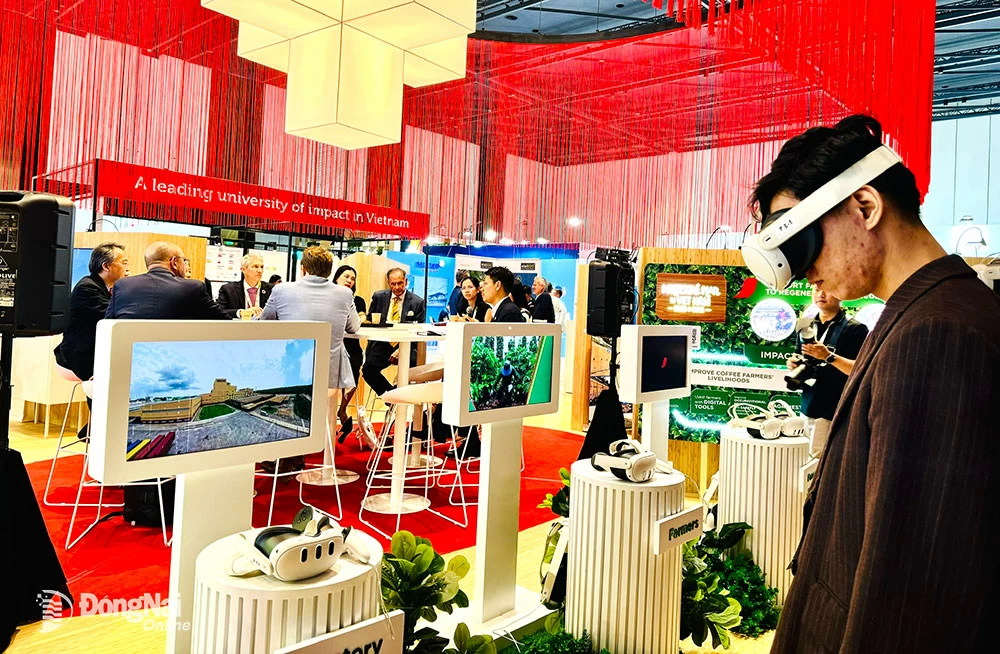 |
| Visitors learn about sustainable coffee farming and the process of turning coffee beans into high-value products using VR 360 technology at the Green Economy Forum and Exhibition (GEFE) 2024 in Ho Chi Minh City. Photo: B.Nguyen |
In 2025, the Vietnamese coffee industry aims to export more than 6 billion USD. In particular, it is necessary to attract investment in deep processing, increase value, and increase export turnover of this product.
Many optimistic signals for the coffee industry
Since the beginning of 2024, coffee has continuously set new price records. Accordingly, coffee trees have risen to the top of the crops with good income. This is also a key crop with high economic value. Notably, Vietnam is currently the second largest coffee exporter in the world and is leading in the volume of Robusta coffee exports.
Chairman of Buon Ma Thuot Coffee Association Trinh Duc Minh said that Vietnam has been integrating very well in recent years in the coffee industry, with optimistic figures and positive results. There are many factors contributing to this success. Internationally, world coffee prices have increased due to concerns about supply shortages, geopolitical instability, exchange rate fluctuations and interest rates of the US Federal Reserve...
Regarding internal factors, the rate of processed coffee, especially instant coffee, is increasing, contributing to the increase in export turnover. Notably, Vietnam has begun to produce specialty coffee with selling prices one and a half to two times higher than the world average. In particular, the internal strength of the coffee industry is increasingly being consolidated as farmers and businesses respond more professionally to the market. In previous years, the market was often out of control, prices fluctuated strongly and high-risk trading contracts were common. However, this situation has now been significantly improved.
Sharing the same view, General Director of Global Trade Linkage Company Limited (Meet More brand, Ho Chi Minh City) Nguyen Ngoc Luan said that Vietnamese coffee is warmly welcomed abroad. In recent times, Meet More has exported products to many markets such as: Korea, Russia, Australia, and recently China, with a positive growth rate. Carefully studying import regulations and consumer tastes in each country helps businesses not only maintain product quality, but also build a methodical and proactive market approach strategy.
According to Vu Van Thuy, Head of the Representative Office of the Ministry of Agriculture and Environment in the South, in order for coffee to become a pillar in the national agricultural export policy, the ministry, together with central and local agencies, always focuses on improving product quality and effectively exploiting the available potential of the industry. In the coming time, the Ministry of Agriculture and Environment will continue to advise on building and perfecting the policy of building national agricultural product brands associated with the unique cultural identity of Vietnam's consumption in the international market.
Weaknesses need to be overcome
However, according to experts and businesses in the coffee industry, the presence of Vietnamese coffee at international fairs is still sporadic, small-scale and lacking in reach, in contrast to the professional and systematic image of countries like Brazil or Colombia - where the coffee industry has been clearly positioned and strongly promoted globally.
More worryingly, Vietnam's position as the world's number one producer of robusta coffee is under threat. In just 2-3 years, Brazil could take the lead thanks to technical advances and sustainable development policies. Meanwhile, in Vietnam, people are constantly switching crops in the direction of chasing short-term profits such as durian, avocado, pepper, etc., leading to erratic fluctuations in coffee output: sometimes it increases dramatically, sometimes it decreases sharply. In addition, Vietnam's investment in technology and science in coffee production is lagging behind many countries in the world, which is also a weakness that needs to be overcome.
Commenting on the export market, Vietnamese Trade Counselor in Belgium and the European Union (EU) Tran Ngoc Quan commented that although Vietnamese coffee has been exported to the Belgian and EU markets for many years, most of it is still raw coffee, not yet deeply processed. The final products reaching consumers in these markets are still very limited, leading to the Vietnamese coffee brand not being widely recognized. Currently, despite the large export volume, brand promotion activities are still vague. Very few people and customers in the EU know Vietnamese coffee as a product with its own identity and quality.
Nguyen Tien Dung, Deputy General Director of Dak Lak 2/9 Import-Export Company Limited (Dak Lak Province), said that new requirements from the EU market require products to meet carbon credit standards. Therefore, farmers need to reorganize production and form raw material areas that meet sustainable development standards. This not only serves raw exports, but also aims at the goal of producing specialty coffee.
This is the direction that many corporations and enterprises in the Dong Nai coffee industry are aiming for. Typically, Nestlé Vietnam Co., Ltd. (Bien Hoa city) has implemented the NESCAFÉ Plan program, an initiative that contributes to promoting the regenerative food system, increasing farmers' livelihoods, reducing greenhouse gas emissions, and contributing to recreating a green future. After nearly 14 years of implementation, the program has achieved many positive results thanks to promoting multi-stakeholder cooperation and always considering farmers as the center. With efforts to guide farmers to switch to regenerative agricultural farming methods, the program not only helps improve the livelihoods of coffee farming communities, but also helps create positive impacts on the environment and protect biodiversity.
Binh Nguyen
Source: https://baodongnai.com.vn/kinh-te/202505/tang-loi-the-canh-tranh-cho-ca-phe-viet-4846749/


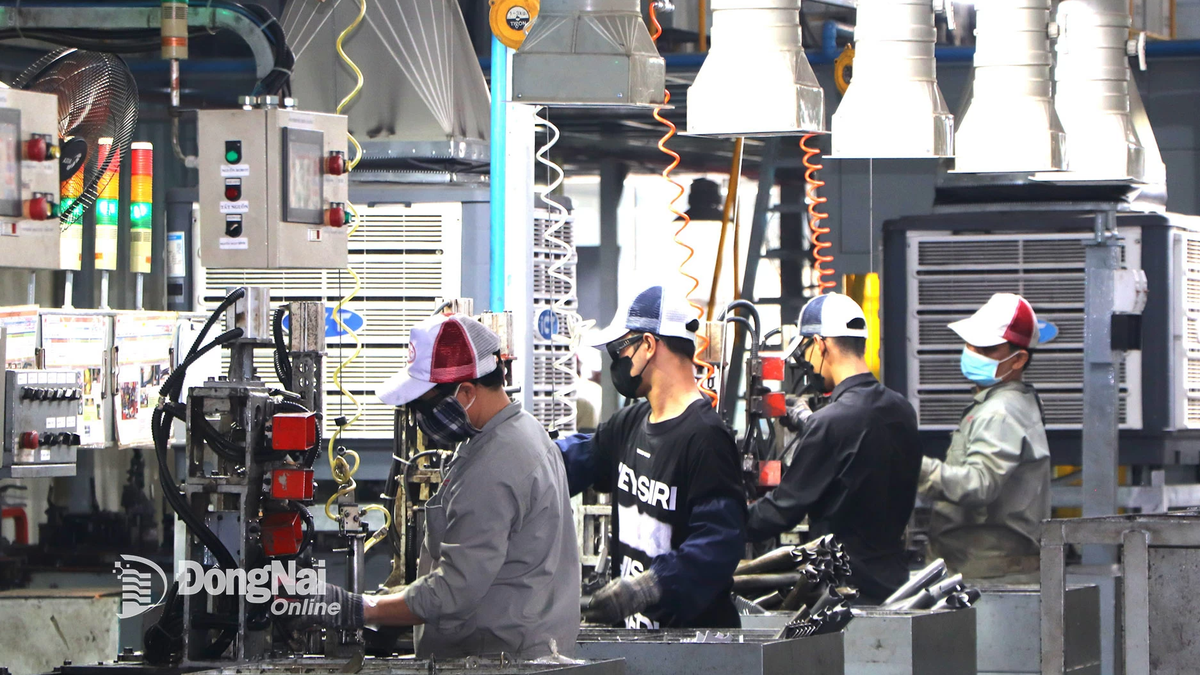

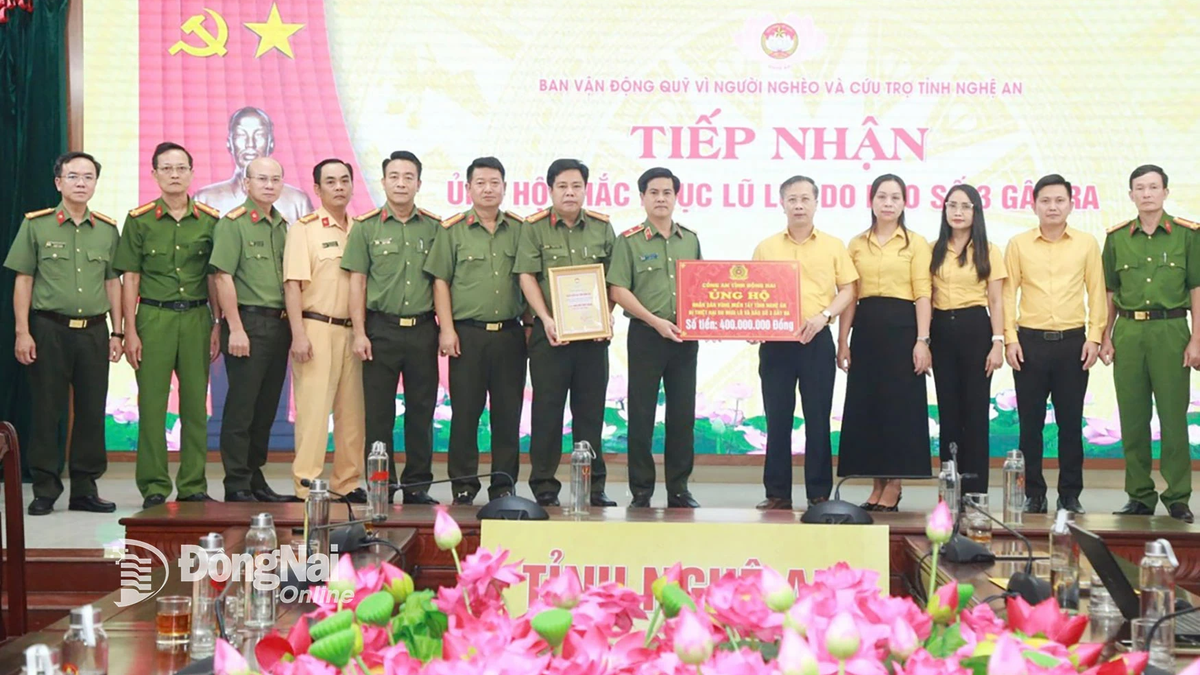




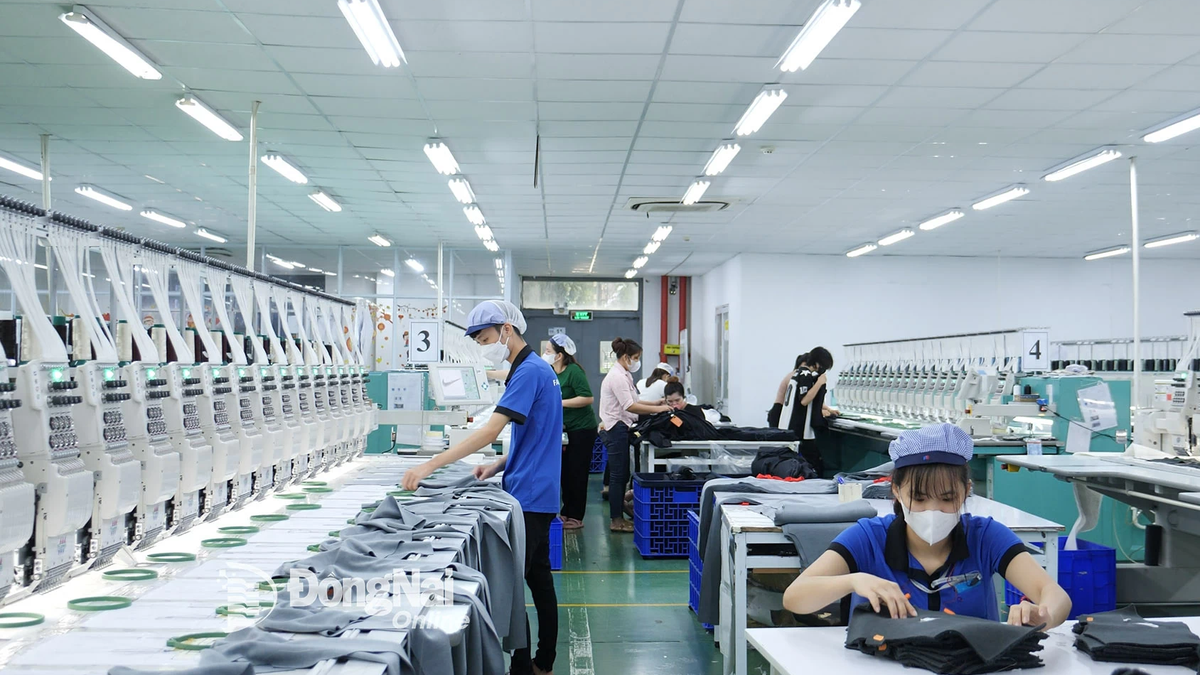

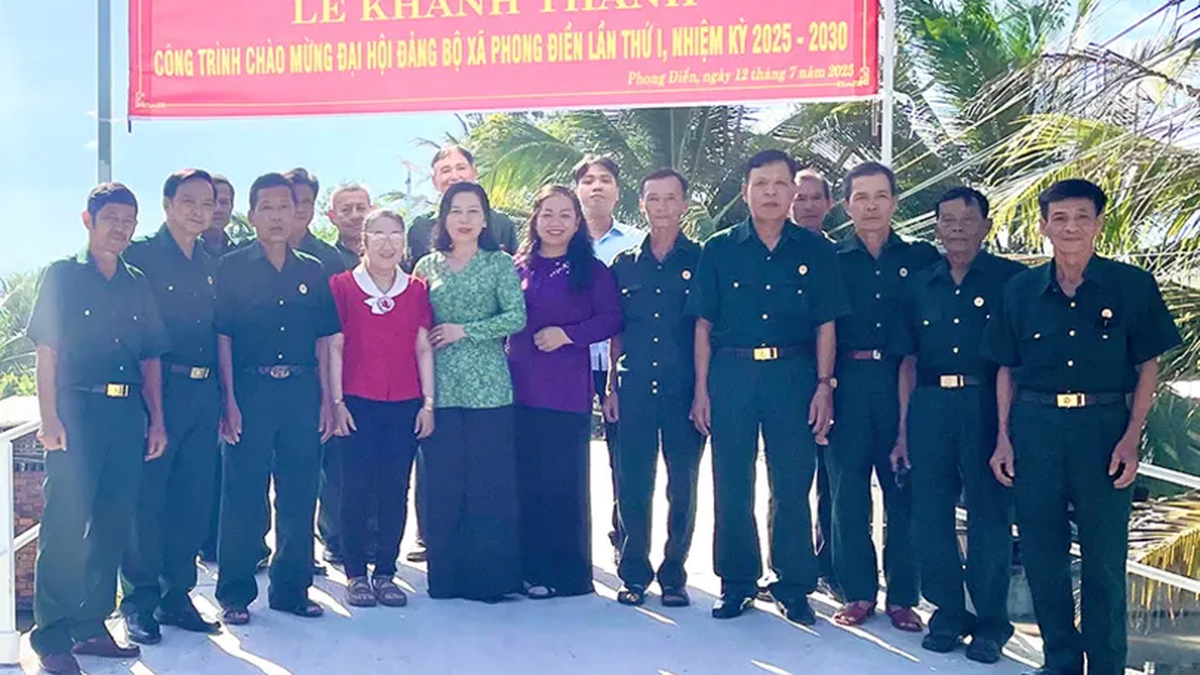











![[Photo] Nghe An: Provincial Road 543D seriously eroded due to floods](https://vphoto.vietnam.vn/thumb/1200x675/vietnam/resource/IMAGE/2025/8/5/5759d3837c26428799f6d929fa274493)






![[Photo] Discover the "wonder" under the sea of Gia Lai](https://vphoto.vietnam.vn/thumb/1200x675/vietnam/resource/IMAGE/2025/8/6/befd4a58bb1245419e86ebe353525f97)

























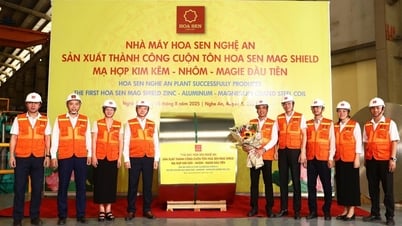


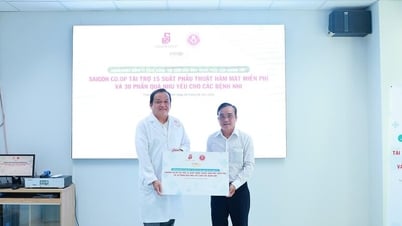











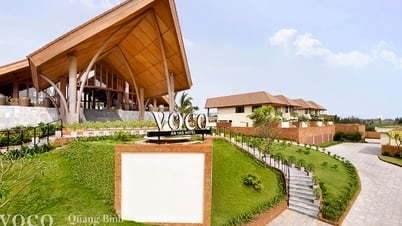

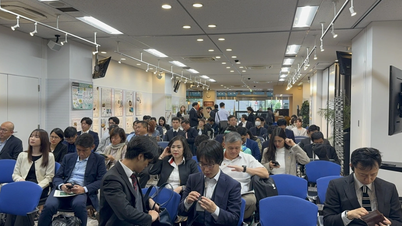


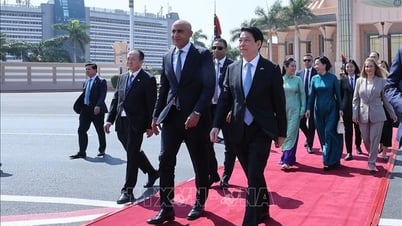





















Comment (0)